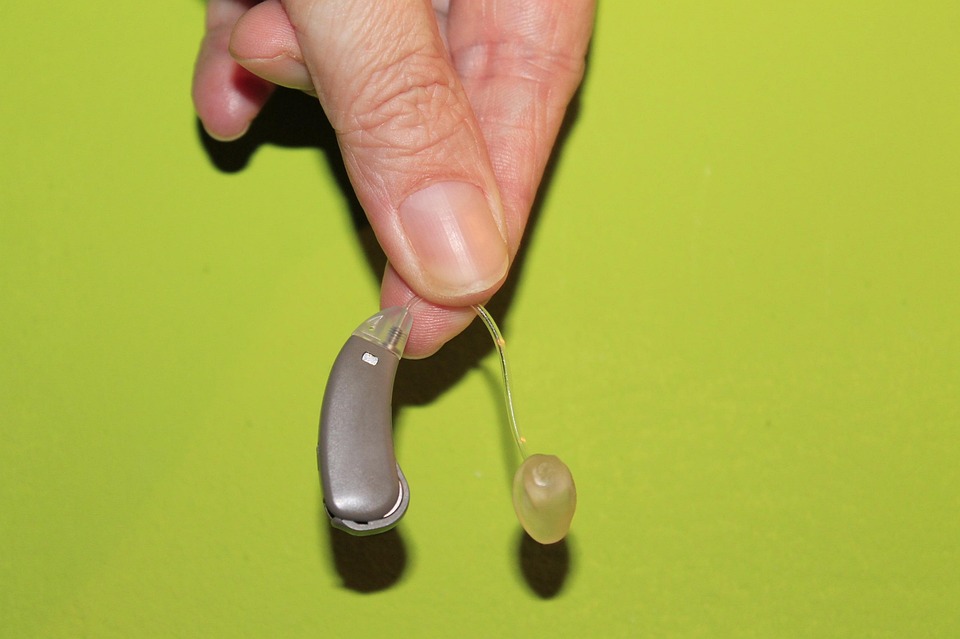Natural hearing support is essential in a world where our ears often take a backseat to our busy lives. We rely on our hearing for communication, enjoying music, and connecting with the world around us. When our hearing starts to fade, it can feel isolating and frustrating. But don’t worry; you can take proactive steps to support your auditory health naturally.
In this article, you’ll discover seven effective tips that not only help maintain your hearing but also enrich your overall well-being. Let’s dive in!
Contents
Understanding Natural Hearing Support
Natural hearing support encompasses lifestyle choices, dietary adjustments, and holistic approaches aimed at preserving and enhancing your auditory health. It matters because hearing loss can significantly impact your quality of life. By adopting these strategies, you can protect your ears and even improve your hearing capabilities over time.
1. Nourish Your Ears with a Healthy Diet
Your body thrives on nutrients, and your ears are no exception. A balanced diet rich in vitamins and minerals plays a crucial role in maintaining your hearing.
Key Nutrients for Hearing:
- Omega-3 Fatty Acids: Found in fish like salmon and walnuts, these healthy fats support blood circulation, which is vital for ear health.
- Antioxidants: Foods rich in vitamins C and E, such as oranges, strawberries, and almonds, help combat oxidative stress that can damage your auditory system.
- Magnesium: This mineral, found in leafy greens and whole grains, protects against noise-induced hearing loss.
2. Stay Hydrated
Water is the essence of life, and your ears need it too! Proper hydration ensures that the inner ear maintains the right balance of fluids, which is crucial for sound transmission.
How to Hydrate:
- Aim for at least eight glasses of water a day.
- Include hydrating foods like cucumbers, oranges, and watermelon in your diet.
- Limit caffeine and alcohol, which can dehydrate your body.
3. Protect Your Ears from Loud Noises
Loud environments can wreak havoc on your hearing. Whether it’s a concert, construction site, or even your headphones, protecting your ears is essential.
Tips for Noise Protection:
- Use Earplugs: Invest in a good pair of earplugs for concerts or loud events. They reduce sound levels without distorting the music.
- Limit Headphone Volume: Keep the volume at 60% or lower, and use noise-canceling headphones to avoid cranking up the sound.
- Take Breaks: If you’re in a noisy environment, step away for a few minutes to give your ears a break.
4. Manage Stress Effectively
Believe it or not, stress can impact your hearing. High anxiety levels can lead to conditions like tinnitus, which is characterized by a persistent ringing in the ears.
Stress Management Techniques:
- Mindfulness and Meditation: Practicing mindfulness can significantly reduce stress levels. Just a few minutes a day can make a difference.
- Physical Activity: Regular exercise promotes better blood circulation, which benefits your ears.
- Connect with Nature: Spend time outdoors to recharge and relieve stress. Nature has a calming effect that your ears will appreciate.
5. Consider Natural Supplements
Certain supplements can provide extra support for your hearing health. Always consult with a healthcare professional before adding new supplements to your routine.
Recommended Supplements:
- Ginkgo Biloba: This ancient herb is believed to improve blood flow to the inner ear and may enhance hearing.
- Zinc: Essential for cellular repair and function, zinc can boost your immune system and protect against hearing loss.
- Coenzyme Q10: This antioxidant supports energy production in your cells and may have protective effects on hearing.
6. Keep Your Ears Clean
Your ears need regular care, but be cautious about how you clean them. Improper cleaning can lead to wax buildup and even damage.
Safe Ear Cleaning Tips:
- Avoid Cotton Swabs: They can push wax deeper into the ear canal. Instead, use a damp cloth to wipe the outer ear.
- Consult a Professional: If you suspect excessive wax buildup, consult an audiologist for safe removal.
- Stay Away from Water: If you swim, use earplugs to prevent water from entering your ears, which can lead to infections.
7. Regular Hearing Check-ups
Just like any other part of your body, your ears deserve routine check-ups. Early detection can prevent further issues.
Frequency of Check-ups:
- Annual Exams: Schedule a hearing test once a year, especially if you’re over 50 or have a family history of hearing loss.
- Monitor Changes: If you notice any sudden changes in your hearing, don’t wait—visit a professional immediately.
Bottom Line
Taking care of your hearing doesn’t have to be overwhelming. With these natural hearing support tips, you can make a significant impact on your auditory health. Remember, small changes can lead to big results.
So, nourish your body, protect your ears, and embrace a lifestyle that supports your hearing. You deserve to hear every beautiful sound life has to offer!
If you have questions about your hearing health or want to explore more ways to support your ears, don’t hesitate to reach out to a healthcare professional.
FAQs
1. How can I tell if I have hearing loss?
Signs include difficulty understanding conversations, asking people to repeat themselves, and experiencing ringing in the ears. If you notice these symptoms, consult an audiologist.
2. Are there any foods I should avoid for better hearing?
Yes, limit processed foods high in sugar and salt, as they can negatively affect your overall health and hearing.
3. Can I reverse hearing loss with natural methods?
While some natural approaches can support your hearing health, significant hearing loss may require professional intervention. Always consult a specialist for the best course of action.
Now, take these tips and make today the day you prioritize your hearing health!








